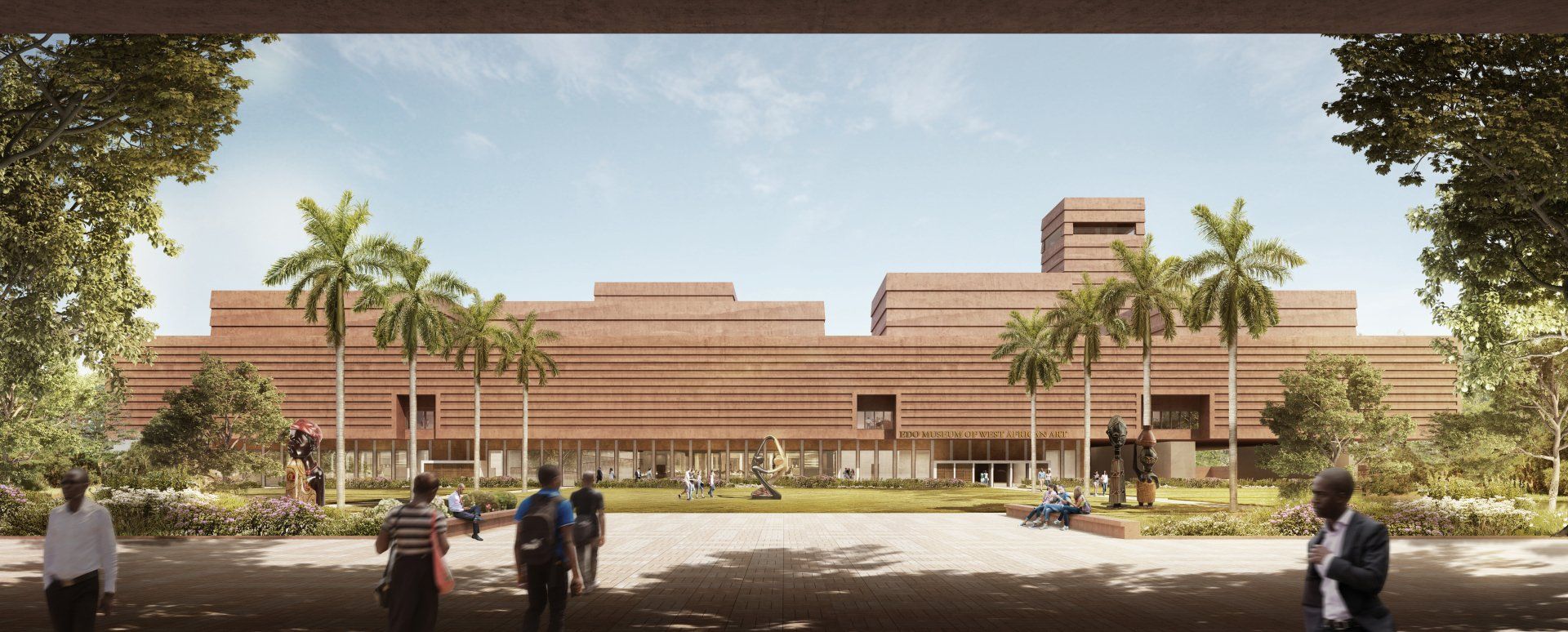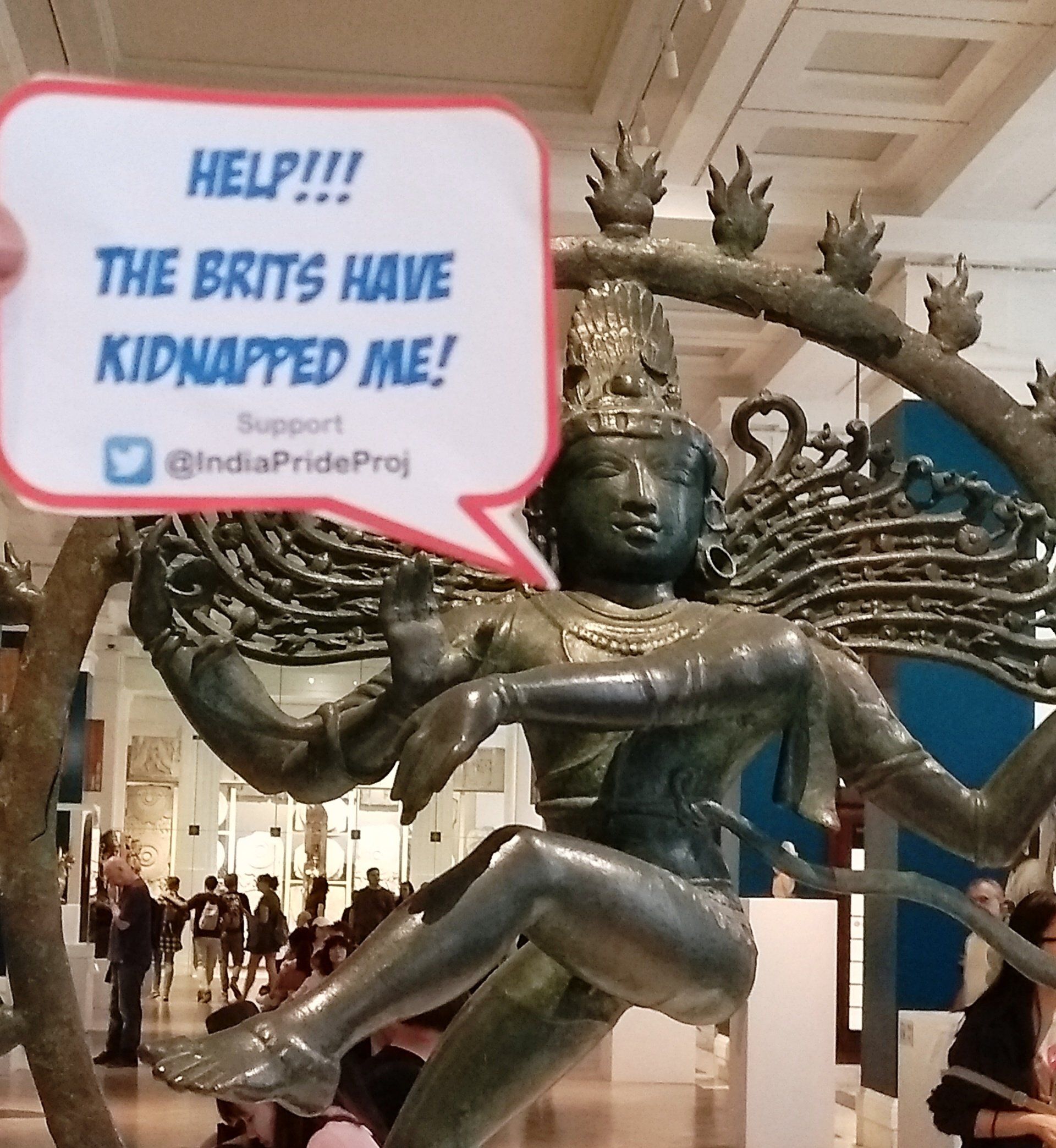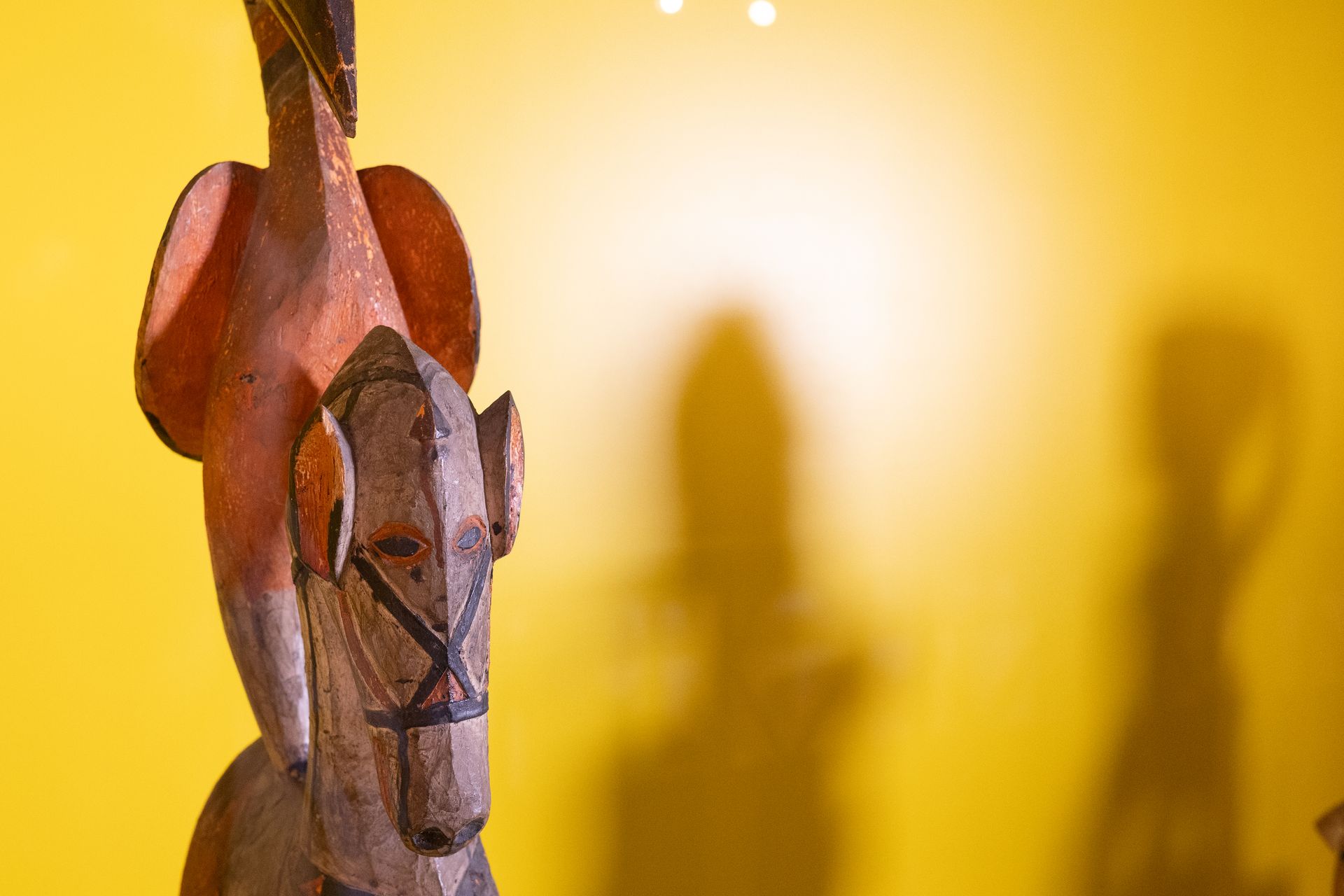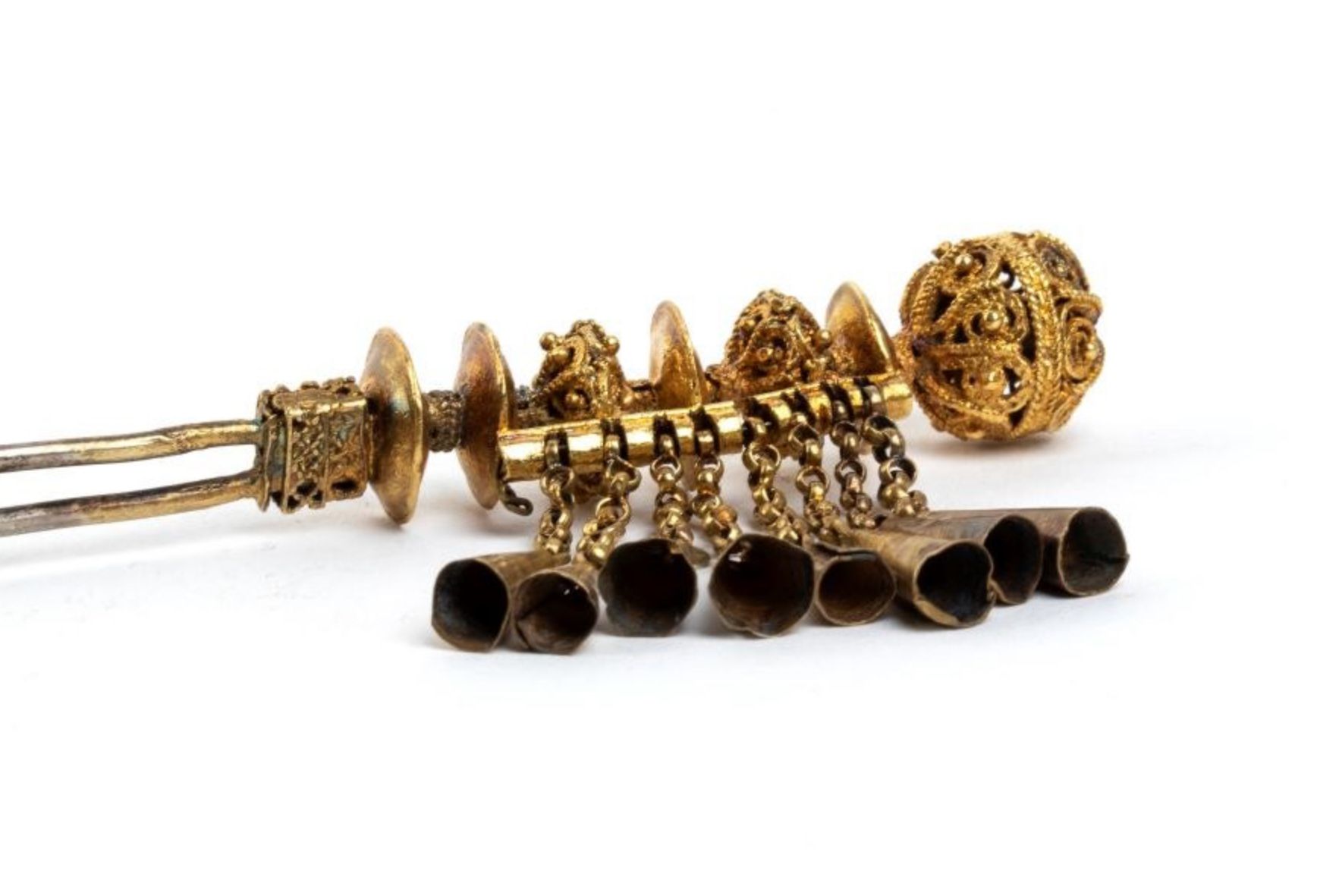Cultural Restitution
SHARE ARTICLE
Was 2021 the year when ethical considerations began to overtake legal objections? For Returning Heritage, three major highlights suggest ethics and a shift in consciousness are forging new agendas.
Leading the way were ground-breaking initiatives by three former colonial powers: Belgium, the Netherlands and Germany. All three countries took initial steps to create a new legal framework for returning stolen artefacts. The significance of these initiatives cannot be overestimated. These new ‘ethical’ models could shatter the inviolability of the ‘Colonial’ museum model driving other nations to re-evaluate their restitution policies.
There may be important differences between each of the three models, as well as significant policy issues still to be resolved. But they all share crucial features that are helping clear a path through the restitution fog.
Perhaps the most significant is their common reliance on solutions recommended by panels of experts. Facing growing public demands for reparation and reconciliation with their former colonies (not just pressure to return looted artefacts), each of the three nations has reached out beyond their own parliament, turning to the advice of respected independent experts who were tasked to deliver new practical solutions.
In the case of Belgium, the government took advice from an independent group of heritage professionals, which met for two years before recommending new policy guidelines for Belgian state collections. The Dutch sought advice from a committee of experts appointed by government; Germany’s commitment to prioritise moral responsibilities ahead of national interests followed years of soul searching by advisors and museum experts convening both at Federal and state levels.
Last year, all this work came to a head. Two of the most important outcomes were a commitment shared by all three nations to step up their dialogue with representatives of former colonies. There was also an undertaking to introduce some form of mechanism by which each nation can evaluate and approve requests to return stolen objects.
Of course, different speeds of implementation are inevitable. For example, Belgium is already on the brink of passing legislation that paves the way for a bilateral agreement with the Democratic Republic of the Congo. While Dutch proposals still await the legislation conceived in 2021 but delayed by last year’s elections.
Nevertheless, it's hard to escape the fact that underpinning all these initiatives is a visible shift in the consciousness of all three nations. Each is committed to placing justice and fairness at the core of their new legal models – at least for objects stolen or removed violently from their own former colonies. Wholesale restitution is still not on the table.
“There is no place in the Dutch State Collection for cultural heritage objects that were acquired through theft,” insisted Ingrid van Engelshoven, Dutch Minister of Education, Culture & Science.
Each nation has proposed some form of new central mechanism or quasi-independent commission as a means of processing future requests for repatriation. The Belgian commission will determine which of the thousands of Congolese objects in Belgian state collections should be returned to the DRC. They’ve also suggested in the future this brief will cover cultural property from other former Belgian colonies, including Rwanda and Burundi. Meanwhile, Germany’s Federal government appointed the Prussian Cultural Heritage Foundation, the body that oversees 27 museums and cultural organisations in and around Berlin, to lead the negotiations for returning Benin Bronzes in German state collections, “regardless of the circumstances in which they were required”. We’re still awaiting details of the Dutch central mechanism.
Regrettably, France made slower progress than we all anticipated. Despite the heavily publicised repatriation of 26 objects to the Republic of Benin in November (objects that had been looted by the French army in 1892 from the Royal Treasury of Abomey), any new restitution policy remains hampered by the country's restrictive code of ‘inalienability’. At the end of last year, we reported there were moves underway to introduce a new bill that might circumvent this code, but there’s still much uncertainty whether the proposed bill will succeed.
Another highlight of 2021 came to the fore last April when Monika Grütters, Germany’s Minister of State for Culture and the Media, spoke of her country’s “willingness in principle to make substantial returns of Benin Bronzes”. This was followed in October by the signing of a Memorandum of Understanding with Nigeria’s National Commission for Museums and Monuments. All this suggests 2021 was the year when Germany showed a genuine determination to tackle one of the highest profile of all restitution issues - the return of the Benin Bronzes. The return of a significant number of Benin artefacts from Germany now looks inevitable.
The impact on their state collections will be considerable. Berlin’s Ethnologisches Museum alone holds some 520 objects looted during the seizure of Benin City by the British in 1897 - the second largest collection of Benin artefacts in Europe after the British Museum. So important are these Benin artefacts to German state collections that retaining some of them as long-term loans has become an important element in their negotiations with Nigerian authorities.
Germany's determination to position itself at the heart of provenance research into looted objects from Africa deserves credit, not least because it's encouraging other nations to fall into line behind them.
One of it's highest-profile research initiatives launched in 2021 was the international project known as Digital Benin: Reconnecting Royal Art Treasures. Based in Hamburg and with financial backing from the Ernst von Siemens Kunststiftung, the project is pushing forward with its goal of documenting some 3,000 to 5,000 objects plundered during the sacking of Benin City. As a result of this initiative, the pressure on other countries to examine the provenance and legitimacy of their Benin artefacts will inevitably gather greater momentum.
Although the actual number of Benin objects returned to Nigeria last year was small, commitments to consider future returns leapt in number. Even those who report they’ve received no formal requests for repatriation (including Cambridge’s Museum of Archaeology & Anthropology and Oxford’s Pitt Rivers Museum) are now indicating they're likely to make returns in the future.
There remain barriers to overcome. Among them was a concern last year about the level of funding and support for the proposed new Edo Museum of West African Art (EMOWAA). Details of this new museum, where the majority of Benin Bronzes are likely to be returned, were announced at the end of 2020. However, some western museums expressed concern whether EMOWAA will provide the appropriate environmental conditions and security that western museums regard as essential before agreeing their returns.

View of main entrance and courtyard garden, Edo Museum of West African Art
Courtesy of Adjaye Associates
Last year, several members of the Benin Dialogue Group, including the British Museum, pledged new partnership arrangements with Nigeria’s Legacy Restoration Trust to enable these conditions to be met. But there are still obstacles to overcome, in particular, over whether members of this Group are prepared to transfer ‘ownership’ of their Benin objects to Nigeria. While others in the wider museum community have demonstrated a willingness to enter into honest talks about transferring ownership, Benin Dialogue Group members still talk only of long term loans. Until EMOWAA’s future is guaranteed, some members of this Group will remain unconvinced.
A third highlight for us during 2021 has been the increasing power and influence wielded by groups of citizen activists in Southeast Asia, working hand in hand with government to recover recent stolen heritage.
Trawling the internet to identify artefacts stolen from known archaeological and religious sites, organised networks of enthusiasts called ‘netizens’ (internet citizen activists) in Thailand, India, Nepal, Vietnam and Cambodia were busy exploiting every avenue of social media to identify, share knowledge and campaign for returning illegally trafficked artefacts. Once a stolen item has been located, a characteristic of their process is to stand aside and leave government to control the formal process of repatriation. As these governments typically allocate limited funds to research restitution claims themselves, they're enthusiastic to take advantage of this arrangement.
Citizen activists played a key role last year in the search for Cambodian antiquities that passed through the hands of Douglas J Latchford, a major trafficker in Southeast Asian art and antiquities. As more information on his illegal activities came to light, activists helped the Cambodian and Thai governments track down scores of Latchford-looted artefacts now held in prominent public collections around the world. The information they've shared is now being used to pressure museums such as the Denver Art Museum and New York’s Metropolitan Museum of Art to return their Latchford-linked collections of artefacts.
Other citizen activist groups to report successes last year included ‘India Pride Project’, which continued to play a major role in tracking down India’s looted cultural heritage, and ‘Lost Arts of Nepal’, the activist organisation that helped prevent the sale of five Nepalese figures from a Bonhams auction in June.

Big Nataraja, The British Museum
Unfortunately, Great Britain’s appetite to engage with its colonial legacies has been mixed. It seems the shift in consciousness that played such a key role in re-defining policies elsewhere in Europe failed to move trustees in Britain’s national collections. As many of these museums were established as archives of empire, their trustees have either been unwilling or have found it too difficult to disengage from these legacies. The British government’s strident view on retaining and respecting every aspect of Britain's former empire hasn’t made their task any easier.
Outside the country’s national collections, the picture is very different and certainly more encouraging. Tangible steps have been taken to put right the wrongs of the past. The Museums Association received praise last November for introducing fresh guidance to support decolonising the nation’s museums, and several important repatriations, in particular Benin Bronzes, were made by collections outside London, reflecting a new respect for fair and just solutions.
But the continued inertia of Britain’s national collections and their unwillingness to consider new policies for reparation and restitution is furthering their isolation from the global museum community and, in particular, from the new policies implemented by regional and university collections across the UK. Failure to recognise this changing shift in consciousness threatens the very reputation of Britain's national collections.
It’s too early to know whether the British Museum’s new chairman, George Osborne, will seek to implement or resist changes to national museum policies. This week, another chapter in the long-running Elgin Marbles saga attracted headlines when a provincial museum in Palermo, Sicily agreed to return a fragment of the Parthenon to Athens on the basis of a long-term loan. Some of the media became excited that a return of the Marbles is growing inevitable. But we are far from this conclusion. If the Museum's trustees refuse to repatriate items, such as Ethiopia's Tabots, which they are able to dispose of legally under the terms of the British Museum Act, it doesn't seem likely they’ll agree to return the Elgin Marbles, which the same British Museum Act legally obliges them to retain.
Overall, global progress towards a new approach to restitution may have been mixed. But it's clear the pandemic in 2021 failed to set the restitution lobby off course. Like it or not, a consequence of the breakthroughs we've highlighted, plus the many other initiatives that brought museums and communities closer together, is to pile pressure on collections such as the British Museum to review the legitimacy and future of their 'colonial' collections. The outlook for 2022 is encouraging.
Photo: Jesus College hands back their Benin Cockerel to Nigerian authorities
Courtesy of bbc.com
More News



